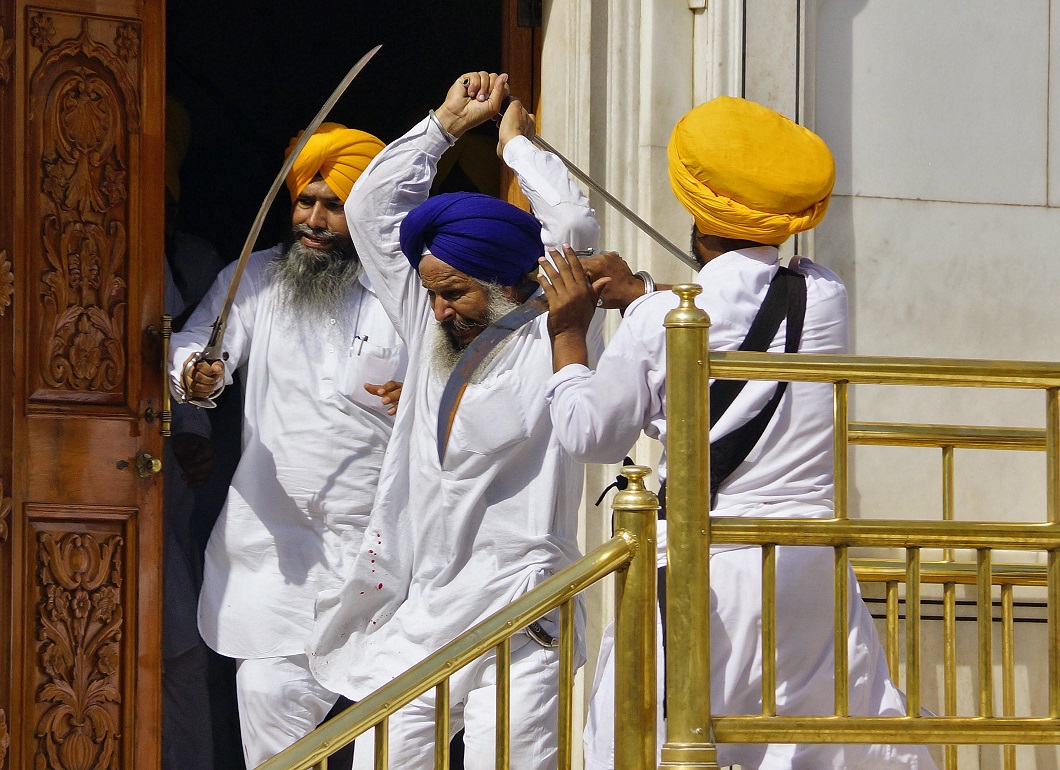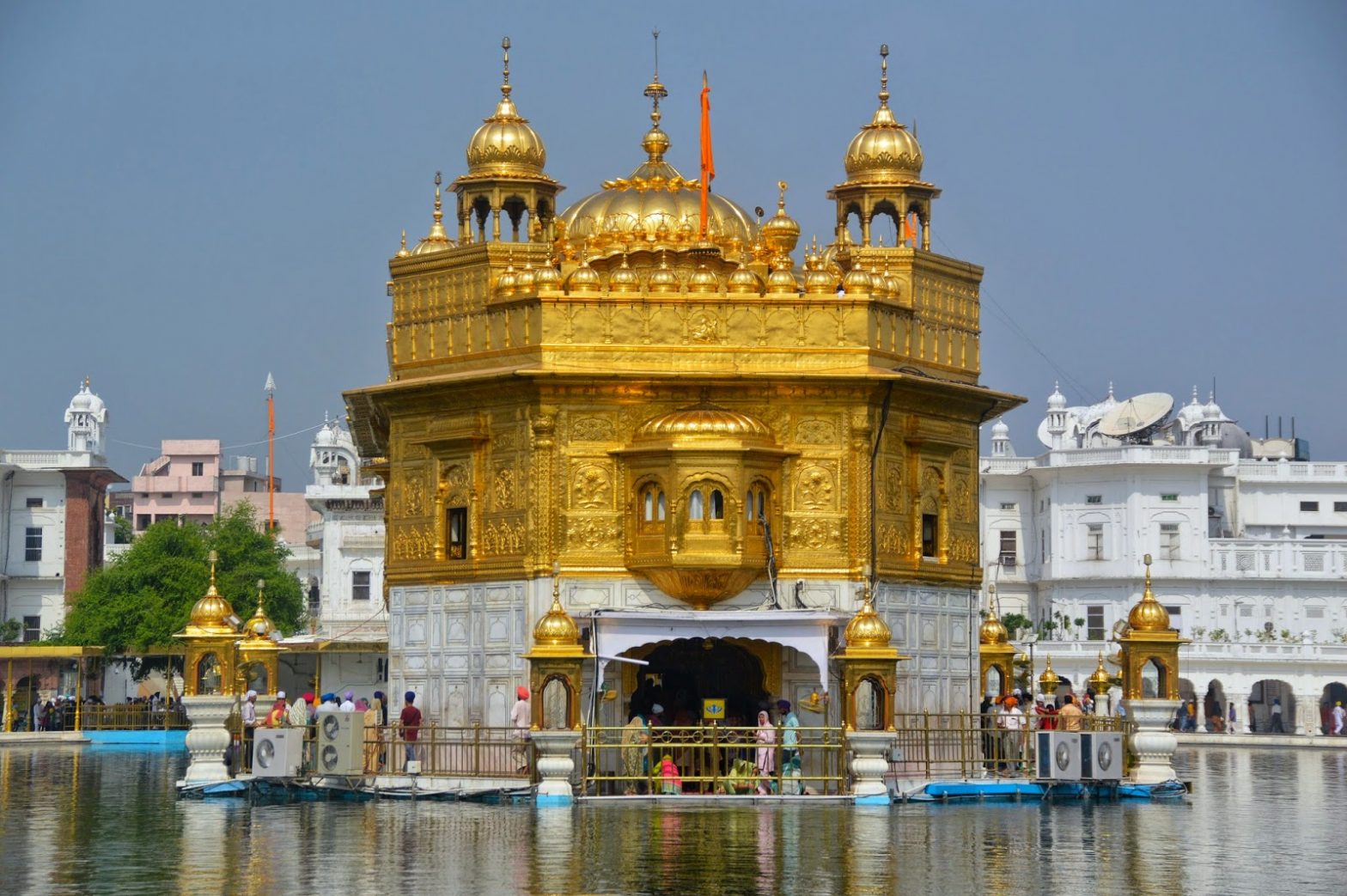Indian police have announced the arrest of five individuals linked to a series of homemade bomb blasts near the Golden Temple in Amritsar, the most sacred site in Sikhism. The explosions, which occurred on May 6, May 8, and late on May 10, have heightened tensions in a region already grappling with a troubled past.
Gaurav Yadav, Deputy Commissioner of Punjab Police, informed the press on Thursday about the recent events. He detailed that the first two blasts were caused by makeshift bombs, each containing around 200 grams of explosives, that were lowered from a building’s top in a bag. The third explosion’s details remain undisclosed, as do the total number of injuries. CNN’s affiliate, CNN News-18, reported at least one injury from the first blast and six from the second.
The Golden Temple, known for its gold-encrusted dome and surrounding clear waters, is a major attraction in Punjab. However, the temple is no stranger to violence. In 1984, the Indian army stormed the temple, resulting in the death of Jarnail Singh Bhindranwale, a separatist movement leader who sought to establish a sovereign Sikh state called Khalistan. As recently as last January, a man was beaten to death at the temple after wielding a ceremonial sword.
Yadav stated that the police used CCTV footage from the third explosion to track down and arrest the suspects on Thursday. Two of the five are accused of assembling the bombs and executing the explosions, while the others allegedly helped supply the necessary materials. Police also interrogated the wife of one suspect, and they seized the suspects’ electronic devices and phones for further investigation.
According to Yadav, the five suspects have confessed to being behind all three explosions, marking a significant “breakthrough” in the case. However, the motive behind these acts of violence remains unclear, with Yadav stating that it’s too early to speculate.

This series of bombings has raised concerns amid a backdrop of simmering religious tensions in India. While Sikhs make up a minority in India, they account for nearly 60% of Punjab’s 28 million population. Sikh communities and other minority groups have expressed growing concern over the rise in hate crimes in recent years.
While the investigation is ongoing, these bombings underscore the complexity and volatility of religious and ethnic tensions in India. The incident will undoubtedly necessitate an introspection into the country’s approach to protecting its religious minorities and promoting interfaith harmony.
In the broader perspective, the incident underscores the importance of religious tolerance and the protection of sacred spaces. As the investigations continue, it will be crucial to address the root causes of such violent incidents, including potential grievances, and to strengthen security measures around places of worship to ensure the safety of worshippers and maintain peace.
The recent bombings at the Golden Temple should serve as a reminder of the ongoing challenges faced in preserving religious freedom and harmony in a diverse and pluralistic society like India. It highlights the need for continuous dialogue, mutual respect, and understanding among different faiths to ensure lasting peace and unity.
©world-news.biz
